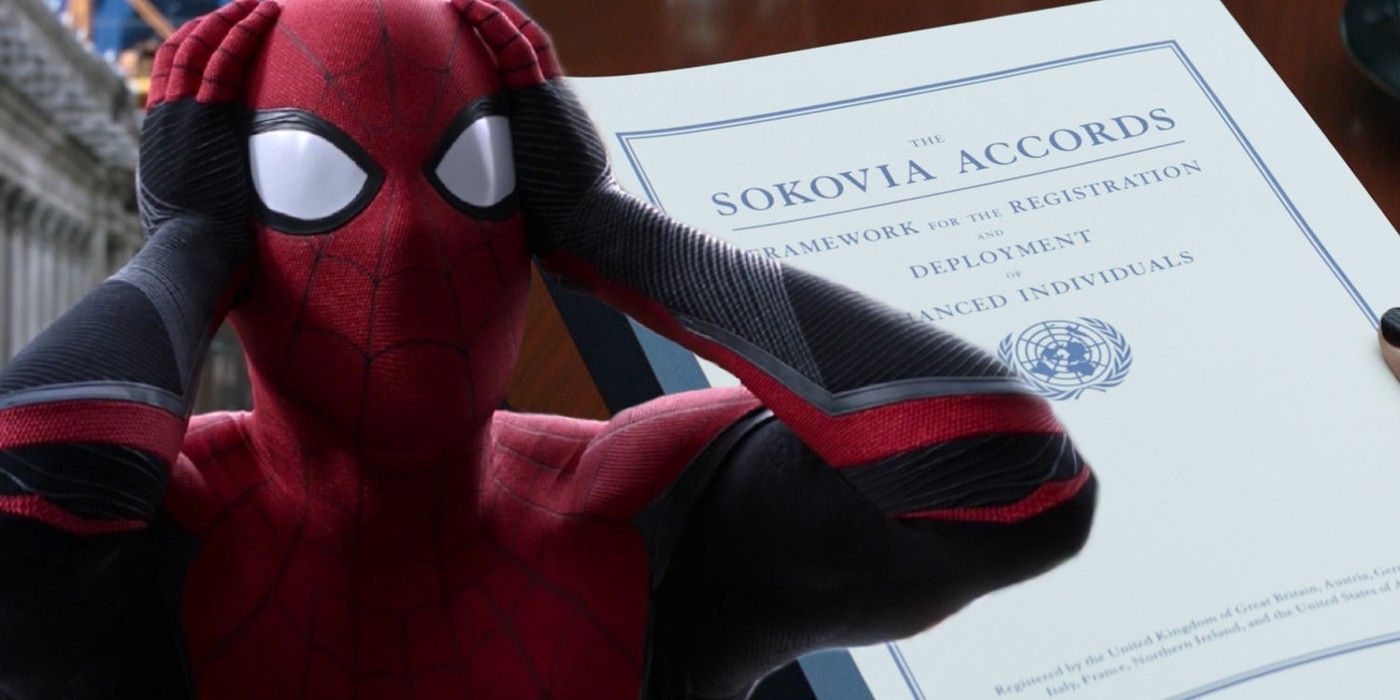
The ruptures of Captain America: Civil War have seemingly been forgotten in the wake of Thanos, but the divide is far from healed in MCU Phase 4. At the behest of Samuel L. Jackson, a superhero team was formed in 2012's The Avengers, and achieved galactic fame for their bravery in the Battle of New York. With each passing MCU team-up, the Avengers' battles became bigger and their list of damages got steadily more expensive. Meanwhile, the likes of Ultron and the Winter Soldier proved that superheroes weren't infallible, and their mistakes could produce deadly consequences.
This realization led to the Sokovia Accords, an international bill named after the decimated European locale from Avengers: Age of Ultron. Proposed in Captain America: Civil War, the Sokovia Accords would require vigilantes to be registered with and regulated by their governments. The Avengers' missions would be officially sanctioned, and should any mishaps occur, the superheroes would be held to account by the state. If Tony Stark is to be believed, legitimizing heroes was the only way to ensure the Avengers couldn't operate above the law. But Steve Rogers claimed that being bound by governmental red tape could lead to delayed action and the loss of independence, as well as putting the heroes themselves at risk by documenting their true identities. Almost every MCU hero picks their side, and away they go.
The ramifications of Stark vs. Rogers continue right up until Thanos' forces begin arriving on Earth. At this time, the impending destruction of half the universe takes precedence over the Avengers' political squabbles, and the Sokovia Accords appear to be largely forgotten by the end of Avengers: Endgame. While the legislation has certainly taken a back seat, however, there's plenty of evidence to suggest the MCU's Civil War is far from over.
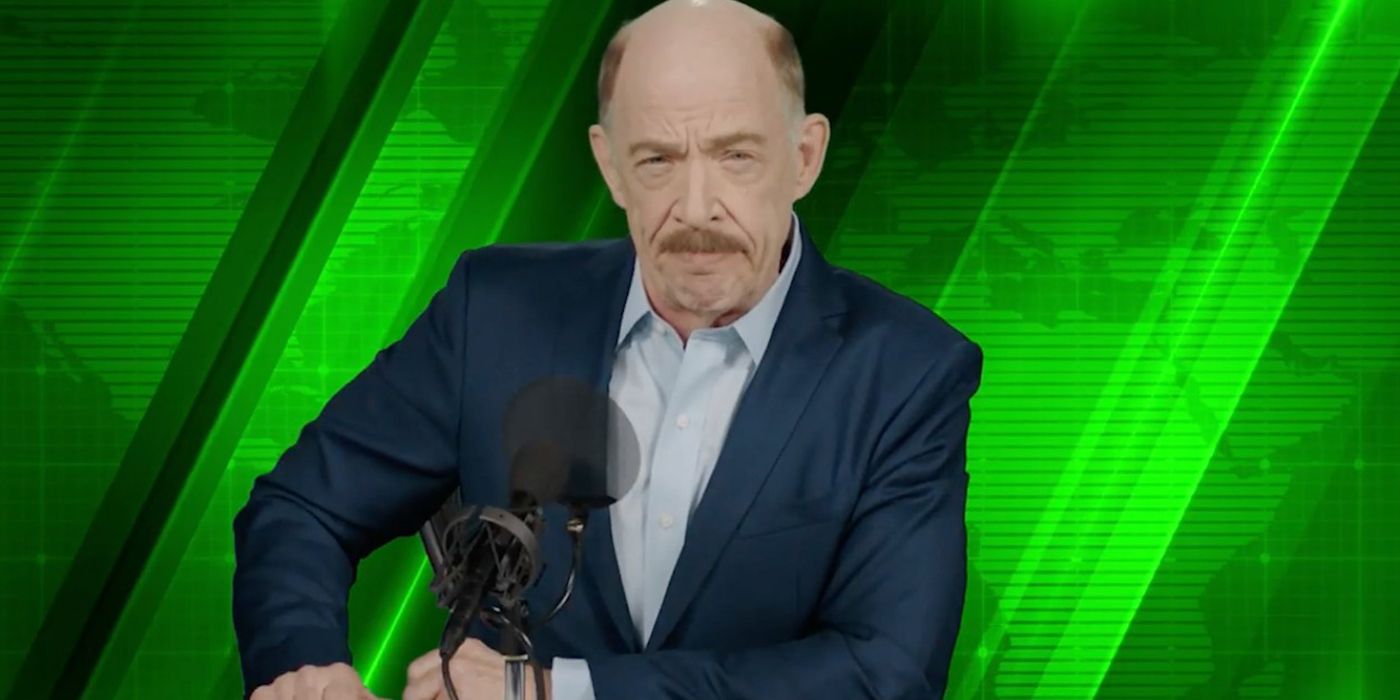
Spider-Man: Far From Home represents the only glimpse of a post-Thanos MCU landscape so far, and with Black Widow set in the past, that won't change for the foreseeable future. Peter Parker was part of Stark's pro-Accords team, and he operates under the authority of Nick Fury and Maria Hill in Spider-Man: Far From Home, even if they are ultimately revealed to be Skrulls in disguise. This means Spidey wasn't exactly flouting the Sokovia Accords in his 2019 sequel movie. By the end of Spider-Man: Far From Home, however, Mysterio has framed Parker for a terrorist attack on London, while J. Jonah Jameson is leading a media backlash against the web-crawler.
As demonstrated by the public outcry against Spider-Man, the superhero mistrust that inspired the Sokovia Accords in the first place has not yet disappeared. Not only are people willing to believe Parker has broken bad so soon after representing Earth in the battle against Thanos, but their suspicion reveals a barely-hidden undercurrent of fear in the MCU. Many everyday folks are scared of superheroes and the power they wield, and still believe that the masked vigilante should be more heavily regulated. Mysterio's lie is an absolute gift to Sokovia Accords proponents - even friendly, neighborhood superheroes can be deadly and unpredictable if left unchecked.
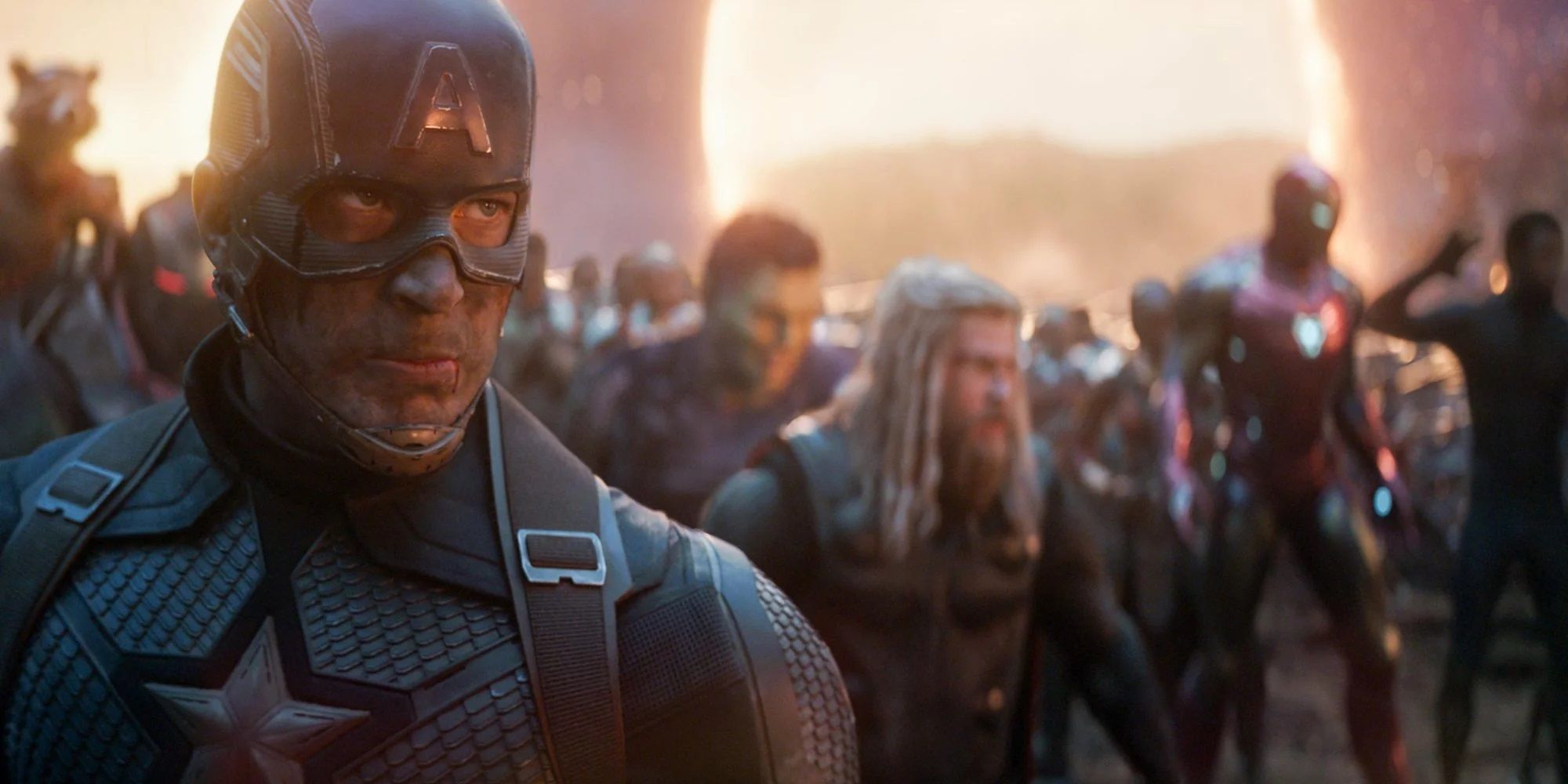
Everyone in the MCU knows that superheroes saved the universe, with Tony Stark considered the savior of mankind. It's also true that Earth would've fallen victim to Thanos' snap irrespective of whether the Avengers had formed. This wasn't another Ultron situation where a hero was directly responsible for creating a villain. And yet, the collateral damage of Avengers: Infinity War and Avengers: Endgame will always be associated with Earth's superheroes. Although the snap would've affected Earth regardless, Thanos only invaded the planet personally because a disproportionate amount of Infinity Stones could be found there, and the Avengers are partially to blame for this. Stark put the Mind Stone in Vision's head, and the same gem also created the Scarlet Witch. Thor failed to protect the Asgardian-owned Infinity Stones, and Doctor Strange was wearing the Time Stone as an accessory the entire time. It's easy to see how some might believe the Avengers' own lust for power brought Thanos to Earth and caused unnecessary loss of life even before the snap.
Then there's the physical collateral damage to New York, Wakanda, and even Scotland. The driving factor behind the Sokovia Accords was the aftermath of the Avengers' big battles. Of course, the public were grateful that Loki, Ultron and the rest were beaten, but the Avengers never counted the ground-level cost of those battles. Nothing has changed in the MCU. Even though Avengers: Infinity War and Avengers: Endgame largely stay away from battles in populated areas, the main motivation of the Sokovia Accords remains as relevant as ever.
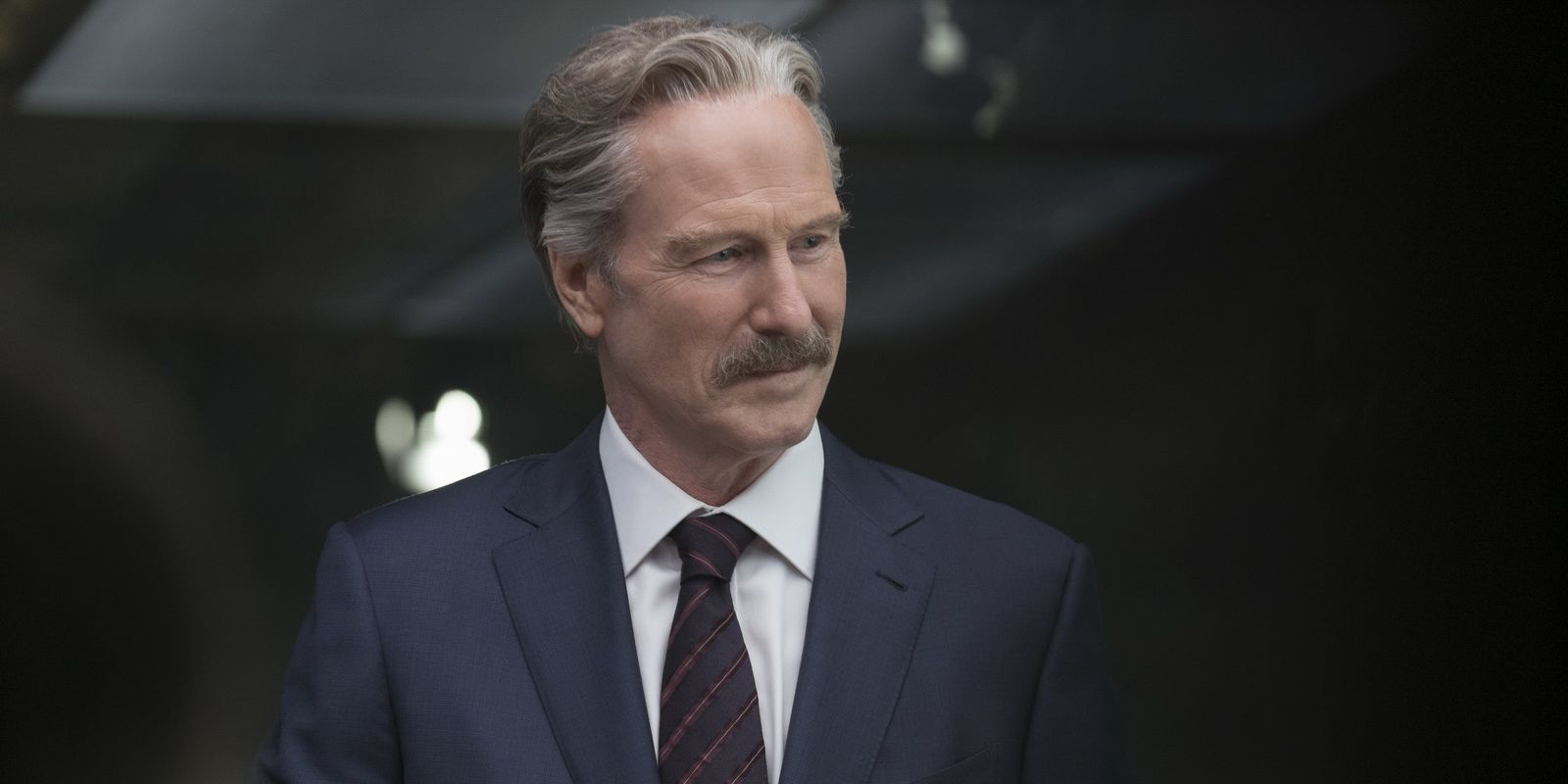
The face of the Sokovia Accords in the MCU has, since the very beginning, been Thaddeus Ross. The former General who chased down Bruce Banner and the current United States Secretary of State, Ross slapped the Sokovia Accords on the table because he felt the Avengers could no longer operate with unlimited power and no supervision. Ross also (correctly) points out several times when the Avengers' independence resulted in chaos and death that might've been averted were they operating in a more official capacity. While Ross is surely pleased that the Avengers pulled off the time heist of the century, these issues haven't disappeared after Avengers: Endgame. If anything, the world's fragile state leaves countries even more vulnerable should another rogue superhero attack occur. Ross expresses these sentiments himself in Avengers: Infinity War, refusing to drop the Accords just because of Thanos. Fortunately, Rhodey hangs up on the Secretary, but the message was clear, and Ross' presence at Tony Stark's funeral doesn't change his heartfelt belief that the Sokovia Accords are necessary.
The long-standing theory that Thaddeus Ross is a HYDRA agent must also be considered. If Ross is pushing the Sokovia Accords as part of some secret evil agenda, he won't simply stop after Avengers: Endgame. A HYDRA-aligned Ross would continue to stoke division and distrust among superheroes.
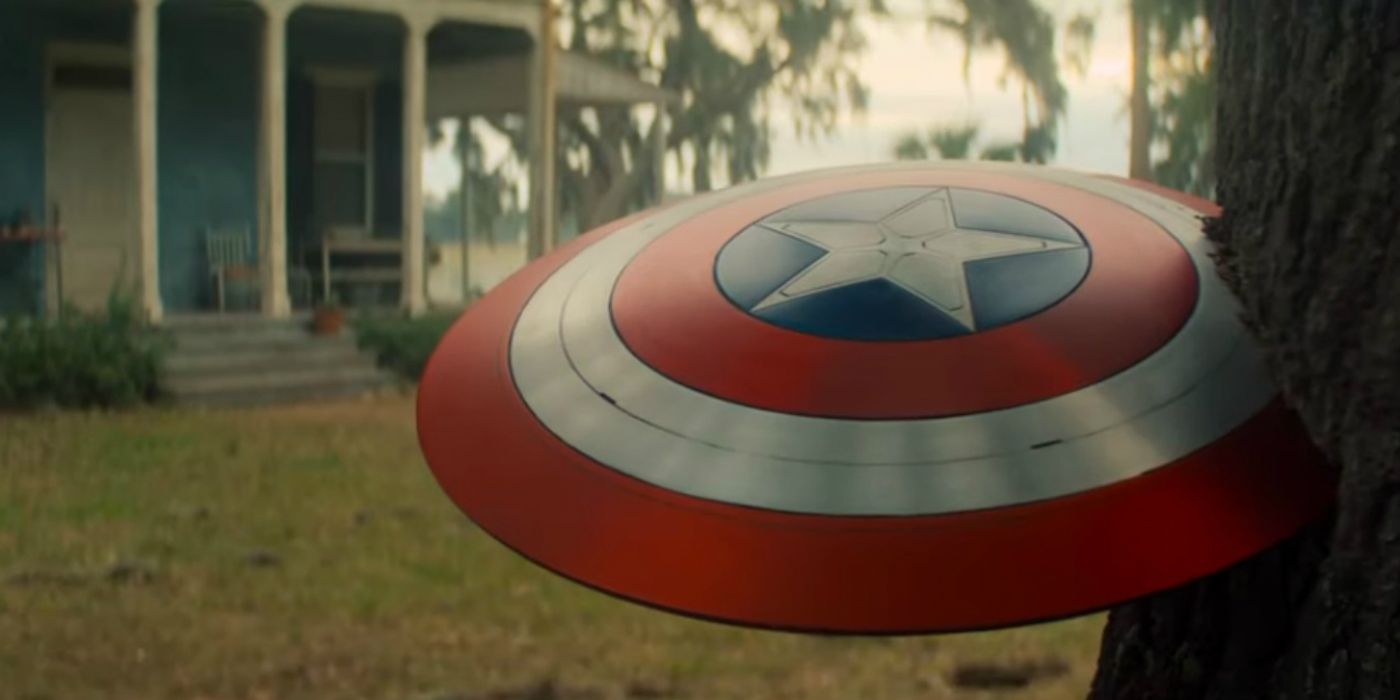
Of all the MCU projects currently lined up for Phase 4, the most likely to tackle the future of the Sokovia Accords is The Falcon & The Winter Soldier. After taking the long way home from returning the Infinity Stones, an older Steve Rogers anoints Sam Wilson as the new Captain America, symbolically handing over the iconic stars and stripes shield. Wilson returns in his upcoming Disney+ TV series alongside Bucky Barnes, but anyone expecting to see Falcon spread his wings and become the new Cap will be left bitterly disappointed. As far as the US government are concerned, they own the Captain America mantle, and John Walker is their appointed Steve Rogers' replacement, complete with his own replica suit and shield. This clash between government-controlled hero and independent vigilante is a reprisal of the old Sokovia Accords debate, and proof that the US government haven't dropped their idea to regulate the Avengers. Sam Wilson helped save the universe, and the White House still won't recognize him as America's protector.
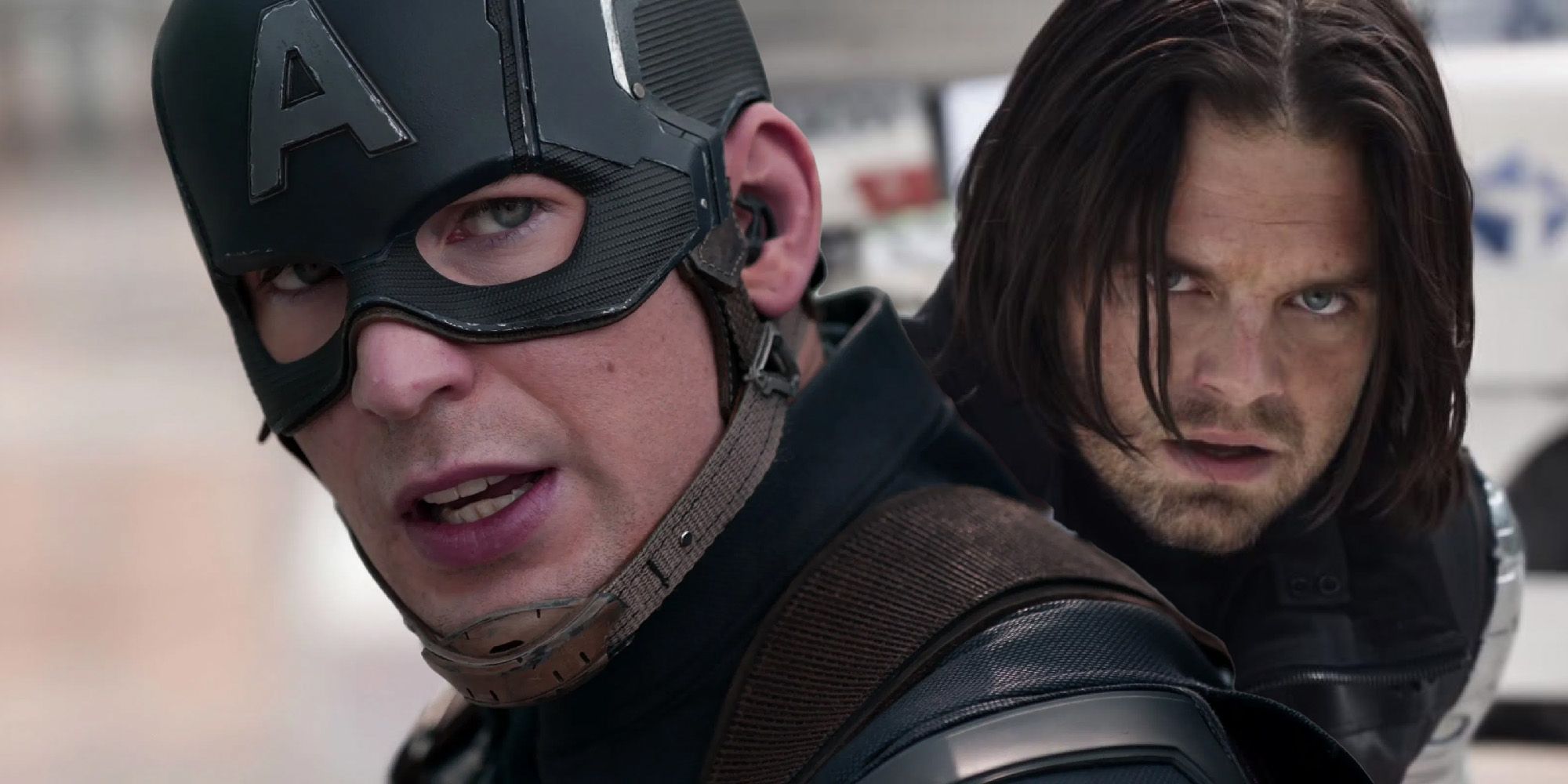
Following on from the Sam Wilson/John Walker debate, both Steve Rogers and Bucky Barnes may still be considered criminals after Avengers: Endgame. Bucky is still sought after due to his attack on the UN, while Rogers is branded a traitor for refusing to sign the Sokovia Accords, yet both join the fight against Thanos. Secretary Ross proves his stance is unchanged when he orders Cap's arrest in Avengers: Infinity War. Though he isn't spotted creeping up behind Rogers with a pair of handcuffs at Tony Stark's funeral, there's no suggestion that all is forgiven between the renegade Avengers and the US government even after Avengers: Endgame. The authorities don't know Steve is an old man, and the plaudits for defeating Thanos have apparently fallen to Tony Stark, which suggests Cap and Bucky might still have a place among America's most wanted felons.
Once again, Bucky's status in the MCU will likely become clear in The Falcon & The Winter Soldier, but trying to force John Walker down America's throat proves that the division created during Captain America's Civil War rebellion has yet to heal. As Steve Rogers' closest friends, Falcon and Bucky will staunchly defend his anti-Accords stance, which is unlikely to sit well with the world's politicians.
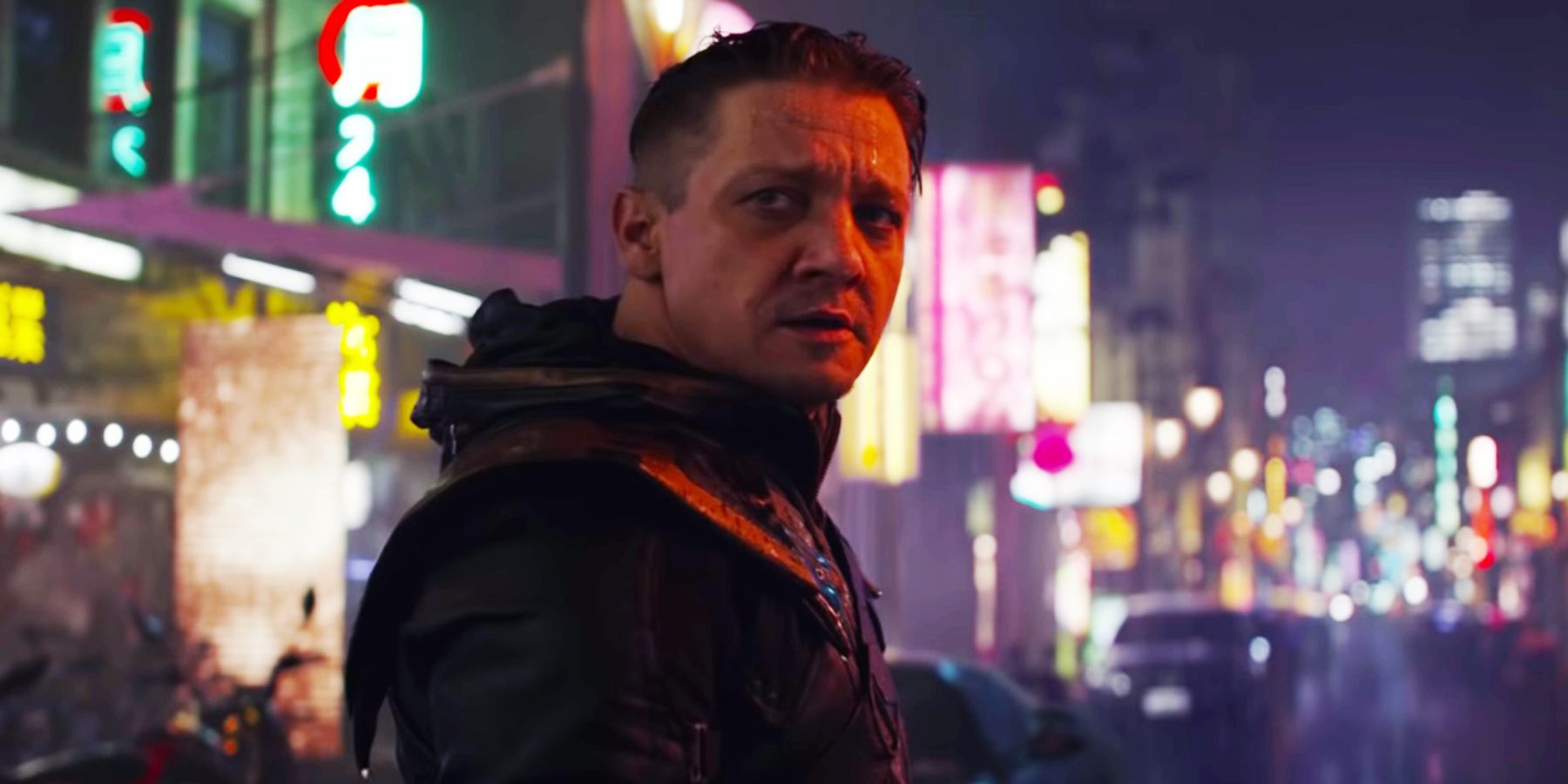
One Avenger desperately hoping for a fresh start after Avengers: Endgame will be Hawkeye. Clint Barton was arrested for his role in Captain America: Civil War, in which he refused to comply with the Sokovia Accords, but the archer was ultimately allowed to retire and live as a civilian. Barton's peace was shattered when Thanos' snap stole away his entire family, and the former SHIELD agent began a new career as Ronin - a brutal vigilante who left a trail of blood everywhere he went. Barton's killing spreed got so bad, his old Avenger pals were forced to intervene, and thanks to the efforts of Black Widow, the Ronin persona slowly receded, allowing the old Hawkeye to emerge once again. After his family are revived and Thanos is defeated, Barton is left to return to his idyllic homestead, but will star in an upcoming Disney+ solo series. Should Barton's time as Ronin become public knowledge, the scandal would present a PR nightmare for the Avengers and a huge boost for the authorities. The headlines write themselves - "Sokovia Rebel Left Trail Of Bodies While World Mourned." It's only a matter of time until Ronin's actions are uncovered, and when that happens, support for the Sokovia Accords will surely strengthen.
from ScreenRant - Feed https://ift.tt/36pZYtz


0 Comments